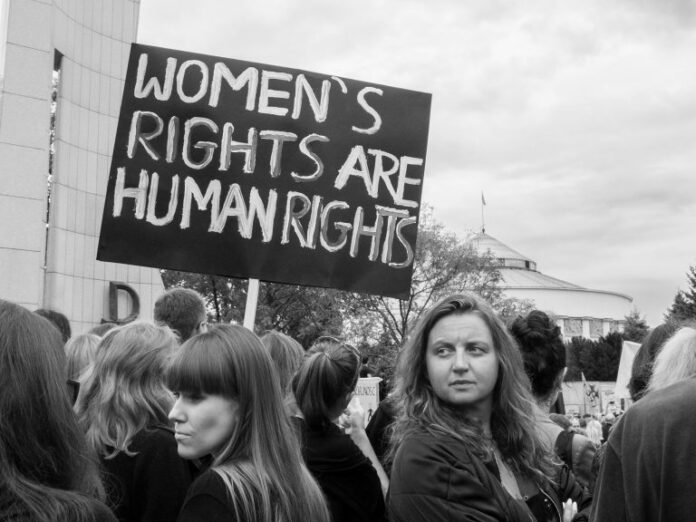The European Court of Human Rights (ECHR) has ruled that a Polish court decision that forced a woman to leave the country to get an abortion because of a foetal anomaly was a violation of her right to private and family life.
Disregarding widespread protests, the country’s then right-wing nationalist government implemented a constitutional court decision in 2021 that banned the terminations of pregnancies with foetal defects, an example of the conservative policies that were sweeping one of the EU’s most devoutly Catholic countries at the time.
Now, Poland’s new liberal government is committed to protecting women’s rights and Prime Minister Donald Tusk has promised to introduce new legislation that would make abortion legal up until 12 weeks even though President Andrzej Duda could well veto such a law.
The case before the ECHR was that of a woman who, on becoming pregnant in 2020 discovered that the foetus had Down’s syndrome. Her scheduled hospital abortion had been cancelled in light of the new ruling by Poland’s constitutional court. Ultimately, she had to travel abroad to have the termination.
“Such interference with her rights… created a situation which had deprived her of proper safeguards against arbitrariness,” according to yesterday’s ECHR ruling.
Moreover, the ECHR ruled the interference with the applicant’s rights unlawful in that it had not been issued by a body that met rule of law requirements, noting that the constitutional court included judges appointed in a questionable procedure.
The ECHR also declared inadmissible a case involving 927 women of child-bearing age who alleged they were potential victims of a violation of their rights insofar as the amended Polish law forced them to carry pregnancies to term even in the case of foetal abnormality.
The ECHR found that the plaintiffs had failed to substantiate the claim that they had been at real risk of being directly impacted by the legislative amendments.
Poland’s anti-abortion laws, which are among Europe’s most restrictive, only allow pregnancy to be terminated where there is a threat to the mother’s life or health or in instances of rape. From 2020 to 2022, the number of abortions dropped from 1,000-plus to 161.

